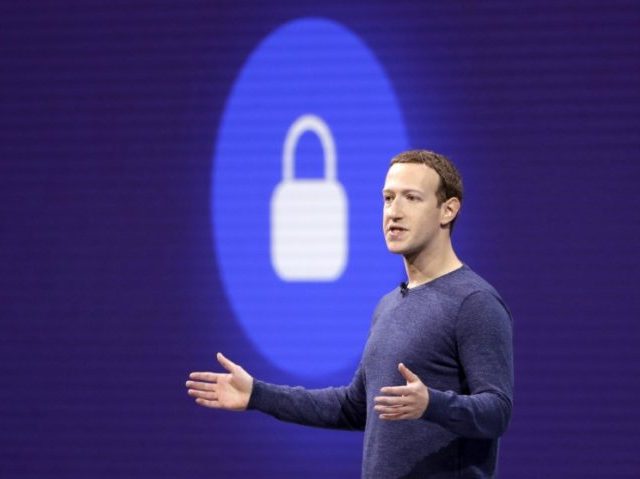Internal Facebook emails published by U.K. MP’s reveal some of Facebook’s most anti-competitive business practices, including cutting off competitors’ access to their tools and in other cases, shutting down any possible competition altogether.
U.K. MP’s published 250 pages of internal Facebook documents this week after Facebook CEO Mark Zuckerberg refused to testify before UK Parliament. These documents have provided a deep insight into the inner workings of Facebook and how the company deals with competitors. It has also shown that the company is often acutely aware of the consequences of their actions but chooses to go ahead with them anyway in order to turn a profit or gain market dominance.
In an email dated January 24 2013, Facebook’s Vice President of Global Operations and Media Partnerships, Justin Osofsky, wrote to Facebook CEO Mark Zuckerberg, saying:
Twitter launched Vine today which lets you shoot multiple short video segments to make one single,6-second video.
As part of their NUX, you can find friends via FB. Unless anyone raises objections, we will shut down their friends API access today.
We’ve prepared reactive PR, and I will let Jana know our decision.
The Facebook CEO replied very simply to Osofsky saying:
Yup, go for it.
Further documents reveal that the Facebook CEO also personally reviews lists of competitors and decides how they should be treated:
Strategic competitors: We maintain a small list of strategic competitors that Mark personally reviewed. Apps produced by the companies on this list are subject to a number of restrictions outlined below. Any usage beyond that specified is not permitted without Mark level sign-off.
Ad services: All developers, save strategic competitors (above), may use our ads services. The reciprocity for these services is clear: money in exchange for new or re-engaged users. In terms of oversight/policy enforcement, we follow the standard ads creative review process.
App services: All developers, save strategic competitors (above), may use our app services. The reciprocity for these services is clear: money in exchange for CPU, data storage and network bandwidth. In terms of oversight/policy enforcement, we will reactive handle any strategic competitors that we discover using these services.
Combined with the news that Facebook considered charging developers for access to user data, it seems that Facebook keeps a tighter hold over their platform than was previously believed.
Damian Collins, the chair of the Culture, Media and Sport select committee who released the documents, revealed the committee’s reasoning for doing so in a tweet stating that the committee felt that they have not “had straight answers from Facebook on these important issues,” which led to them releasing the documents.
We don’t feel we have had straight answers from Facebook on these important issues, which is why we are releasing the documents.
— Damian Collins (@DamianCollins) December 5, 2018
Read the full 250 pages of internal Facebook documents here.

COMMENTS
Please let us know if you're having issues with commenting.